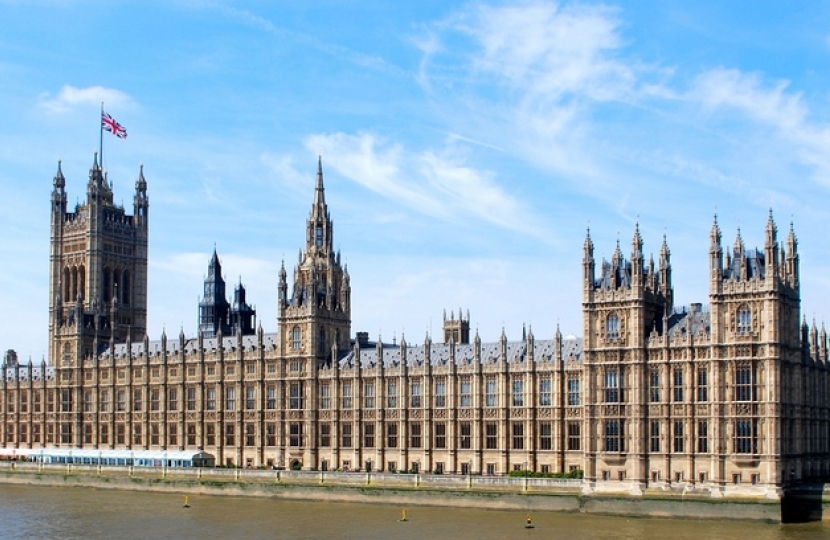
The new National Security and Investment Bill will modernise government's powers to investigate and intervene in potentially hostile foreign direct investment.
The Bill uses a targeted, proportionate approach to ensure the government can scrutinise, impose conditions on or, as a last resort, block a deal in any sector where there is an unacceptable risk to national security. In short, it will ensure that no deal threatening the safety of the British people will go unchecked, and that vulnerable businesses are not successfully targeted by potential investors seeking to cause them harm.
The new regime will apply to investors from any country, but will remain targeted and proportionate, so most transactions will be cleared without any intervention. The government are clear that we want foreign direct investment projects to continue to boost jobs and stimulate the economy across the UK, but to do so safely and securely.
James has welcomed this new Bill, having called for strengthened national security powers for ownership or control of companies on previous occasions.
“The Bill will also extend our screening powers so we can interrogate the acquisition of sensitive assets and intellectual property, as well as the acquisition of companies.”
The new regime will update the UK’s current powers, which are almost 20 years old and do not reflect the threats we face today. The new legislation will bring the UK into line with our closest allies, without hindering the UK’s world-leading reputation as an attractive place to invest.
By bringing the UK’s regime into the twenty-first century, the government will make the screening system slicker and quicker for investors, providing certainty and transparency with clear timelines and administrative procedures. Investments will be screened much more quickly than the current regime, assessing transactions within 30 working days – and often faster – with timelines set out in law rather than by the government on a case-by-case basis as is currently the case.
Under the Bill, investors and businesses will have to notify a dedicated government unit through a single digital portal about certain types of transactions in particularly sensitive sectors, such as defence, energy and transport, to ensure it can investigate and take action to address any national security risks.
The Bill will also extend our screening powers so we can interrogate the acquisition of sensitive assets and intellectual property, as well as the acquisition of companies.
It is important to note that the vast majority of transactions will require no intervention and will be able to proceed quickly and with certainty in the knowledge that the government will not revisit a transaction once cleared unless inaccurate information was provided.

